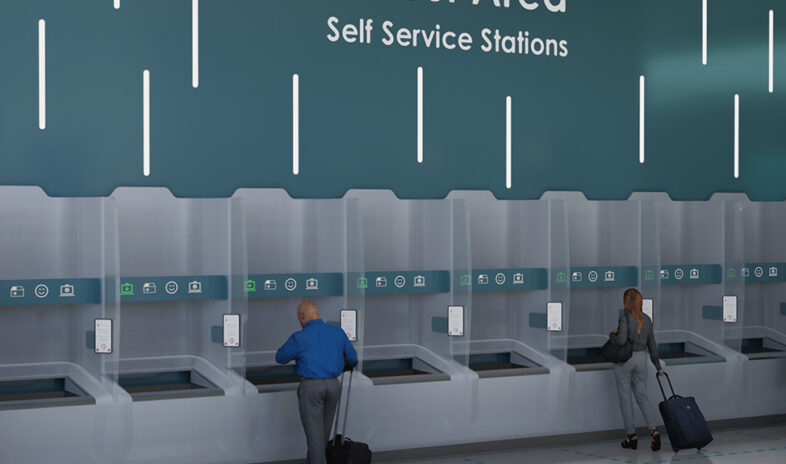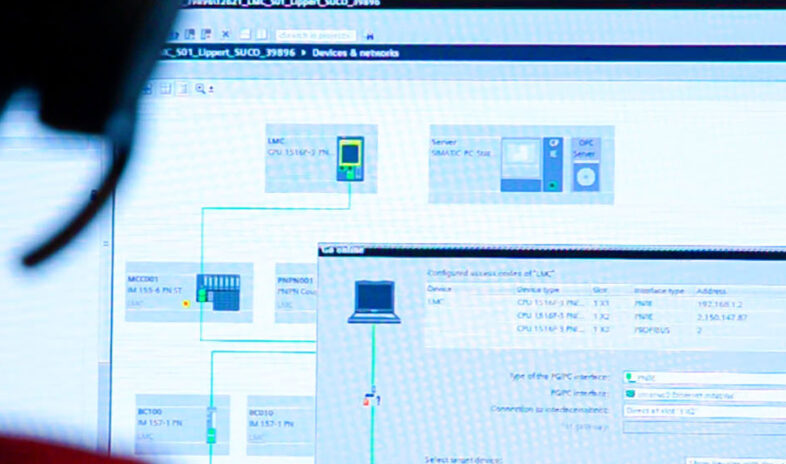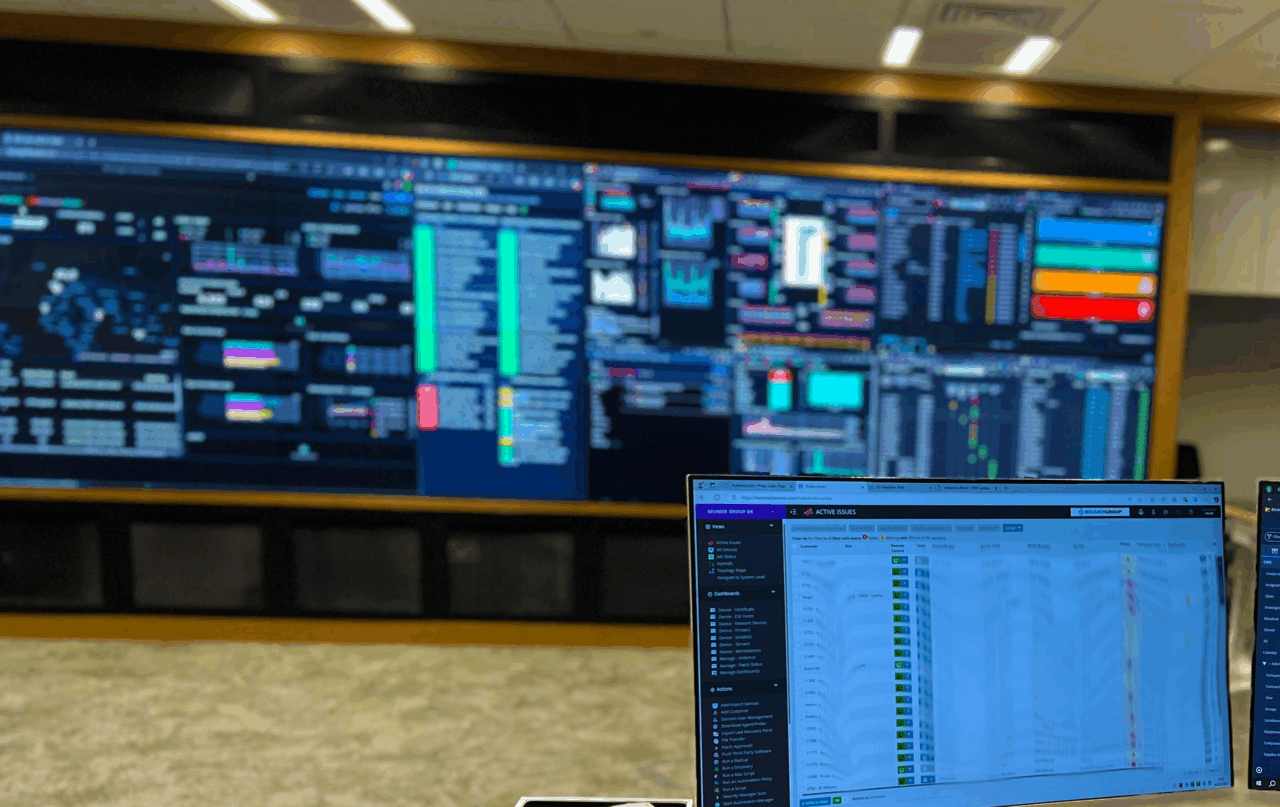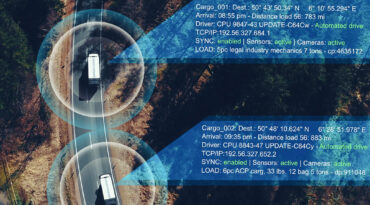Internal teams may have one or a few employees who are responsible for patching, amongst a number of other responsibilities. As they have to manage this task alongside broader company IT responsibilities, a response may not be timely (statistics suggest that an average organisation takes between 88 and 208 days to patch cyber vulnerabilities). While this is no fault of a busy team working across an entire organisation, it does permit hackers more time to corrupt the system. In turn, this leads to further difficulties or more system downtime. The longer that downtime lasts, the more expensive it is for the company, as workflows pile up and paid workers on the floor are unable to do anything.
While internal IT teams can patch systems, sometimes in a timely manner, they are not experts in parcel sortation systems. If a parcel sortation system fails to come back online after remediation, or does not operate as expected, internal IT teams often lack the system speciality required to explain why. To cover the variety of sortation system knowledge, an internal team would need specialists in PLCs, network devices, storage, servers, OS, Linux and more.
OUTSOURCING SECURITY ENSURES SPECIALIST ACCESS AND FUTUREPROOF SOLUTIONS
Specialist cybersecurity teams are composed of specialist professionals across all the areas that may be needed by a CEP company. For example, they may have patching experts who are used to carrying out hundreds of patches on sortation systems per year. This is a higher frequency than any internal CEP team could have, and also means that if any problems arise, the specialists are likely to have seen them before and know how to quickly fix them.
There are also specialists for every level that is needed, meaning that when a system needs patching, the CEP would be provided with a combined team from the system supplier’s side. The team would include a system specialist who is used to working in the exact kind of system and could check it before and after patching, a specialist who identifies exactly what has caused the problem (if it is the case that there was any specific cause), and one who does the patching itself. This results in a much more robust approach to fixing any issues that arise, and a lower likelihood of costing the CEP company in extra downtime.
When signing up for a system provider’s cyber security, part of the package to check for should also be access to specialists in compliance and regulation. These security specialists are often part of the security package connected to a CEP system, as they are aware of any new regulations, how to manage data audits, and the best practices for documenting data security. They will know which new regulations are coming in and have experience with the best practices for handling them, which is a level of expertise that the company will rarely have in-house.









